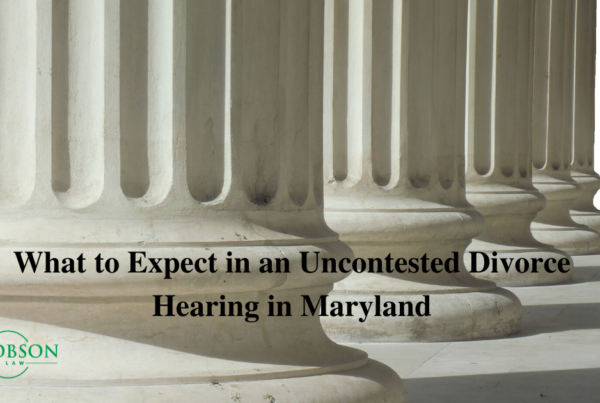
Families come in many forms, and legal systems are adapting to recognize and protect them. One important legal tool for LGBTQ+ families and other non-traditional family structures is second parent adoption. This process ensures that a child has two legal parents, offering emotional, financial, and legal security.
What Is Second Parent Adoption?
Second parent adoption allows a non-biological or non-primary parent to adopt a child without revoking the legal rights of the biological or primary parent. It’s commonly used by same-sex couples, unmarried couples, or blended families where one partner is not the child’s biological parent.
For example:
• A lesbian couple has a child through artificial insemination, and the non-biological mother adopts the child to gain full parental rights.
• A man marries a partner with children from a prior relationship and wants to become a legal parent to them.
Why Is Second Parent Adoption Important?
While a non-biological parent may function as a parent, without formal adoption, they may lack critical legal rights. Here’s why this matters:
1. Legal Protection: Adoption ensures the non-biological parent can make decisions regarding healthcare, education, and welfare.
2. Parental Rights Across State Lines: Legal parentage recognized in one state may not be honored in another without formal adoption.
3. Inheritance Rights: Adopted children gain inheritance rights from the adoptive parent.
4. Security in Case of Divorce or Death: Adoption solidifies custody and visitation rights if the couple separates or if one parent dies.
Many LGBTQ couples face prejudice when navigating the adoption process. An adoption agency may be more likely to allow a single parent to adopt a child instead of an LGBTQ couple. If a partner adopts a child under the guise of being a single parent, their partner will have to file for second parent adoption to have legal rights over their child. Note that some of the above cases can be applied to both same-sex and heterosexual relationships.
Process of Obtaining Second Parent Adoption:
The first step of second parent adoption includes drafting and submitting necessary court documents. These documents include an adoption petition (with a background check of the petitioner), an explanation of the adoptee’s conception (this allows all involved parties to be notified and given the opportunity to give or withhold consent), and the marriage certificate of the petitioner and adoptee’s mother (if they were married when the child was conceived or born).
After all documents are submitted, there will be an adoption hearing, where the court will decide whether to grant the petitioner an adoption. In some states, a home study is required to ensure that the adoptee is placed in a safe and appropriate environment. In Maryland, home studies are not required for second parent adoptions.
Lastly, if the petitioner and the adoptee’s parent would like to change the adoptee’s birth certificate, they may request an alteration to the birth certificate as part of the adoption hearing. The new birth certificate will be issued after the adoption is finalized.
How Jacobson Family Law Can Help:
Jacobson Family Law will help guide the petitioner and the adoptee’s family through the second parent adoption process. Through consultations and sessions, our staff will gather all information necessary to draft and submit adoption documents. We will schedule your hearing and send updates regarding documents and an updated birth certificate. Throughout the process, we will be here for guidance, to answer questions, and to offer support.
Contact Jacobson Family Law to schedule your consultation with one of our adoption attorneys today— call 443-741-1147 or schedule an online consultation.




